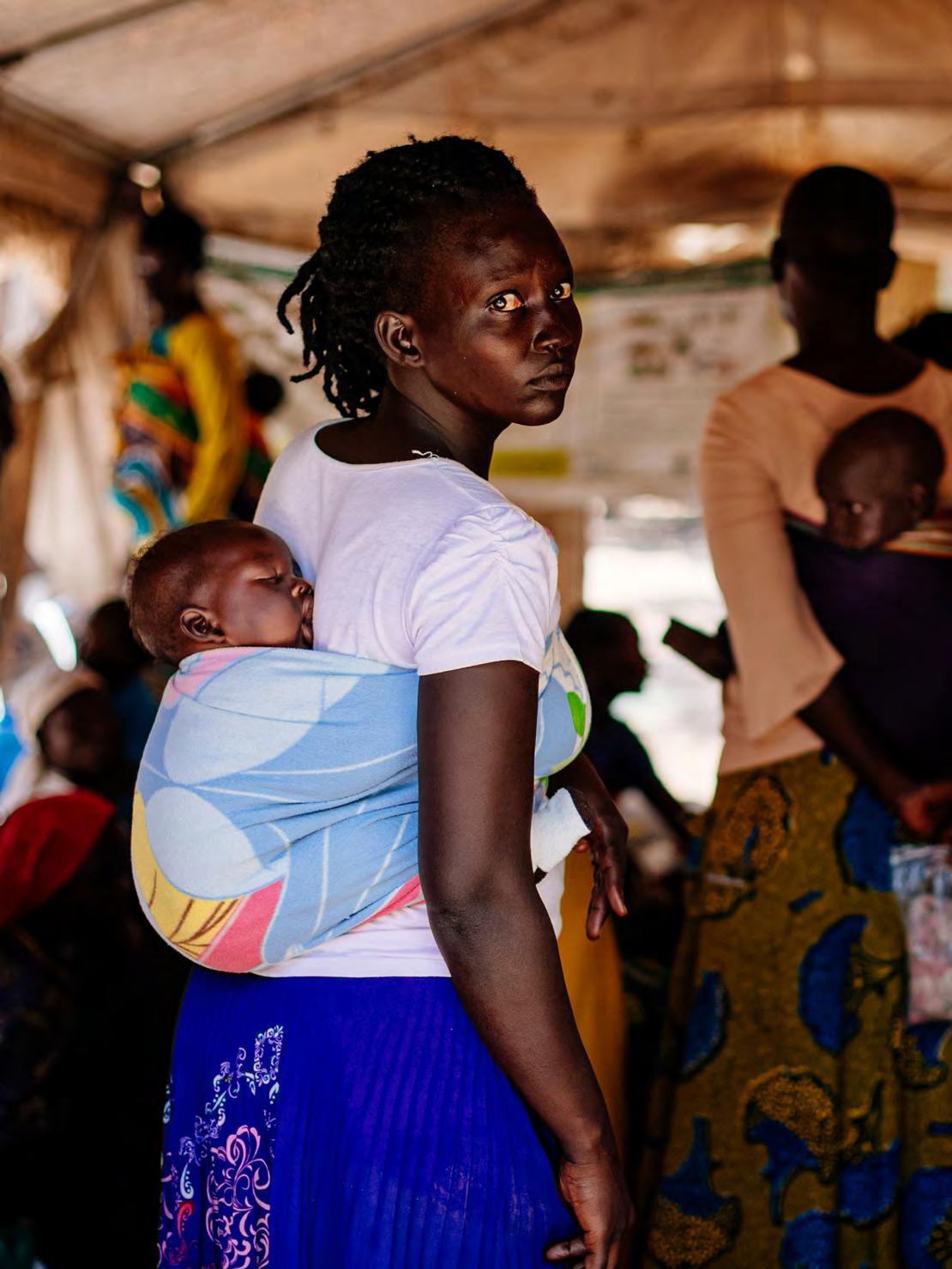
1 minute read
PRIORITY AREAS
MAIN THEMES SEXUAL AND REPRODUCTIVE HEALTH AND RIGHTS
In association with local stakeholders, MdM develops projects which seek to strengthen access to sexual and reproductive healthcare and rights for all and for women and girls in particular. We are working and advocating in particular for access to safe and legal abortion and contraception, a response to SRH needs in crisis situations and prevention of cervical cancer.
Advertisement
HARM REDUCTION
MdM works alongside the people affected by these issues to develop programmes that reduce the risks associated with the use of psychoactive substances and unsafe sexual practices.
MIGRATION, RIGHT AND HEALTH
MdM supports migrants and exiles at every stage of their journey to the countries where they hope to be given asylum and protection. Our projects support stakeholder coalitions and community mobilisation.
EMERGENCIES AND CRISES
Conflicts and natural disasters often result in a sudden breakdown in healthcare provision. To improve our interventions in chronic crisis contexts we are developing emergency preparedness and providing capacity building around disaster risk reduction for institutions and communities.
HEALTH AND THE ENVIRONMENT
MdM works with communities to reduce individuals’ exposure to high-risk environments, either in the home or in connection with informal working. The overall objective of our action strategy is to combat environmental health inequalities in order to improve the physical and mental health and wellbeing of those communities most at risk.
CROSS-CUTTING THEMES MENTAL HEALTH AND PSYCHOSOCIAL SUPPORT
Mental health, in the sense of an individual’s ability to lead a fulfilling life, is an integral part of a person’s health. MdM focuses in particular on developing psychosocial activities aimed at strengthening the psychological and social resources of both individuals and communities.
VULNERABLE CHILDREN
In addition to our long-standing and currently evolving activities (Opération sourire), MdM is facing new challenges: unaccompanied minors, children living in substandard housing and in slums, gender-based violence and adolescent and uninted pregnancies.
GENDER
Gender refers to socially determined roles, behaviours, activities and attributes which a society considers to be appropriate for men and women. Gender inequalities must be taken into account at every stage of our projects.








